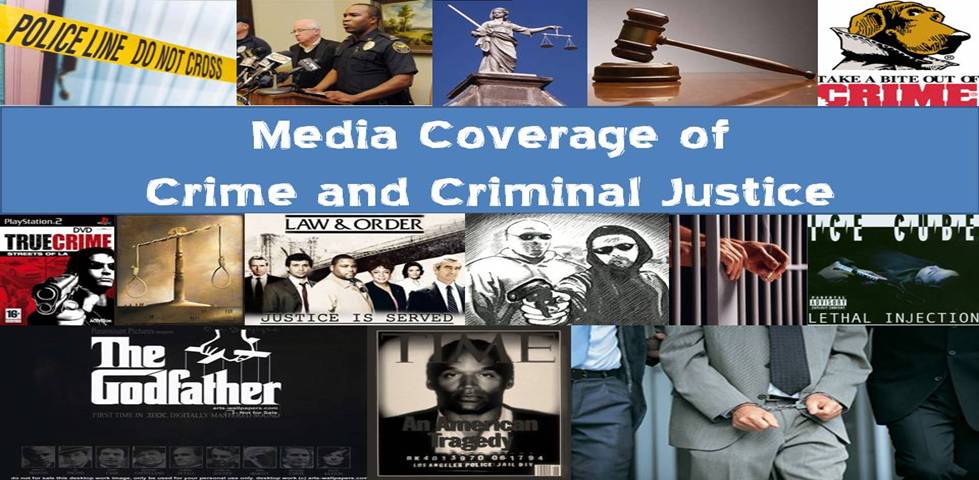Each day thousands of media stories were generated about this case. And millions of Americans read the stories, watched the trial live, and literally soaked up as much information as they could about the case until yesterday's "shocking" (or at least disappointing) jury verdict.
The BBC made an effort to explain our fascination with the case that "gripped the US." From the article:
"It's the biggest news event to have happened in Orlando in years, says Mike Boslet, editor of Orlando monthly magazine.
"'Life is going on as usual but people are glued to it in some fashion or another. Lots of people are watching it in their lunch hours. When you're going to get your car fixed or doctors' office, the Casey Anthony trial is on. Everybody is talking about it. It's good dinner-party conversation.'"
Except this was not only true in Orlando but also all of Florida and much of the US.
The BBC asks: "So why has this case, above other child deaths, grabbed such attention?
"Given the ingredients of the case, the question is not why is it so big but why wouldn't it be so big," says Robert Thompson, professor of popular culture at Syracuse University in New York.
"'You've got this incredibly tragic story of a dead child and it doesn't get any more dramatic than that. Then the details - those mysterious [31] days, those imagined jobs and imagined friends. The pretty mother telling stories that don't seem to stack up. If you were writing it as a fictional crime story, no-one would believe it.'"
"As well as the genuine interest, there is also 'cultural equity' generated by the media coverage, he says. Once the decision is made that this story is worth investing in, then there is no going back.
"'It starts as a local story then the networks send satellite trucks and start spending money to build up equity of the story and it becomes like a TV show - the more details people get, the more they want. Viewers get sucked in like a soap opera.'"
This is how local crime stories become national crime stories, just as explained in the book.
"'It's a real-life soap opera, all the thrills you might expect to get from an episode of LA Law,' said Eric Deggans of the St. Petersburg Times. So the question might be, how come soap operas are so popular?
Robin Simon, a professor of sociology at Wake Forest University in North Carolina, adds the issue of the archetypal offender and victim:
"'The media attention this has generated would not be as significant if it was a father murdering a child.'"
That's the "evil woman" hypothesis discussed in the text.
Finally, Simon adds: "'A journalist was interviewing people in the line waiting to get into court. One woman said 'I can't wait to see it. This is the ultimate reality show. And then she giggled. She didn't even perceive this as a real case with real people. It was sick.'"
The ultimate reality show? And why do we like those shows?
A colleague and friend suggested to me that we like the things that we know probably won't happen to us. So instead of being interested in stories about the realities of corporate health care (which does impact us), mass layoffs (which do impact us), the unfair tax system (which does impact us), and similar stories, we tune those out in favor of stories like the Casey Anthony murder trial, because it is entertaining like a soap opera or reality TV show.
And some people are so outraged by the jury verdict, as if they know better than the jury who heard the evidence (rather than the talking heads on TV) and were instructed in how to apply the actual law to the case (which requires that Anthony's guilt be proven beyond a reasonable doubt) rather than who heard the tortured opinions of people like Nancy Grace.
Well, if that did not outrage followers of the trial who were convinced that Anthony was guilty, this story by Fox News that Anthony "can earn millions from media, Hollywood" surely will.
Oh brother.



No comments:
Post a Comment